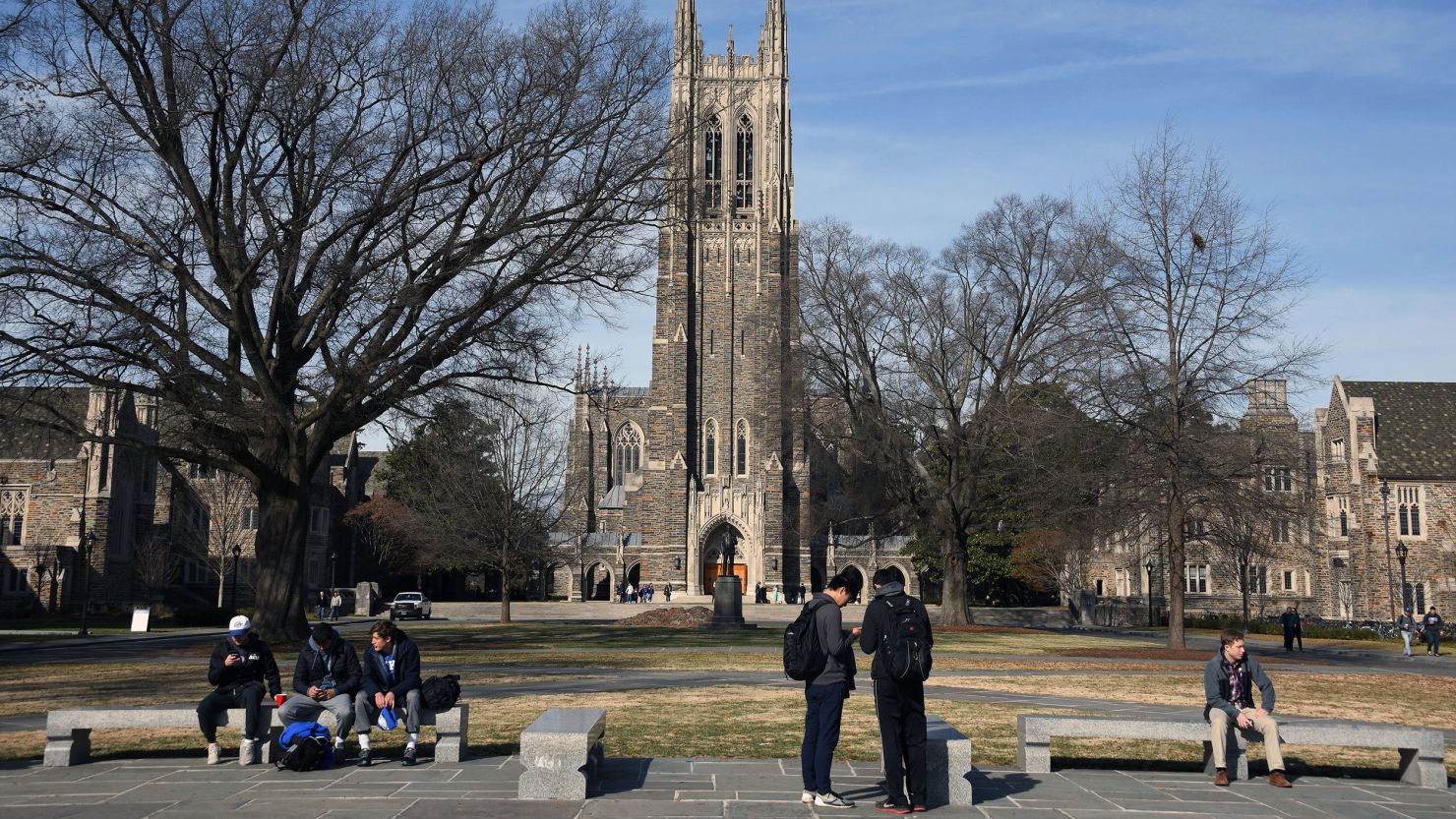So you want to improve your college’s financial aid package? Fine. Just don’t have your mom call the college to do the negotiating.
For most high school seniors, “decision day” is May 1, the deadline for students to alert a college or university that they are accepting an offer of admission. For many, if not most, students and their families, finances play a role in that decision.
The average cost of attending a four-year college in the United States is $25,707 per year, or $102,828 over four years, according to an April 2023 report by Education Data Initiative. Out-of-state students at state schools pay $44,014 per year; while private, nonprofit university students now average a whopping $54,501 per year.
But several financial aid officers and college admissions counselors who spoke with CNN said students don’t realize that they can appeal a college’s aid offer — not only by May 1, but all year long. In some cases, filing an official financial aid appeal may even delay the deadline for putting down a deposit. So it can pay off handsomely to haggle.
Grace Wilson, a freshman now at Northeastern University in Boston, was dismayed when the initial financial aid package offered by the school last year wasn’t what she needed. Her family had a budget of $38,000 per year, but the total cost of attendance was $47,358.
After a concerted campaign by Wilson, Northeastern offered her an additional federal grant of $9,495, she said, and a work-study arrangement sweetened the deal. For this fall, she has also negotiated a tuition offset for working as a Resident Assistant.
But there are right, and some very wrong, ways to go about haggling with your chosen college. Here, according to college financial aid and admissions officers, consultants and students, are the steps to take:
Email, don’t call, and handle it yourself.
The appeal should be coming from students, not parents, said Miranda McCall, Duke University’s Assistant Vice Provost and Director of Undergraduate Financial Support.
“We always love to see students take the incentive to understand their offer and take control of their financial future… It is never wrong for a student to take the lead. It’s the first step in the financial confidence that will serve them well after college, too,” McCall told CNN.
Pleading backfires, use math.
The amount offered was reached after using formulas, discussion and a standardized form — the Free Application for Federal Student Aid (FAFSA). So, students have to establish why they need more. With the financial aid office, don’t brag or boast: Each school has a different system and preferences, but the general rule is to send an appeal letter for need-based scholarships or funds to the financial aid office and, separately, for merit-based scholarships to the admissions office.
Explain what has changed in your circumstances.
Events such as job loss, divorce, sudden death of family members, high unreimbursed medical expenses and more can change the equation. “If there has been a significant reduction in income compared to your application, inform the school’s financial aid office; in some cases, financial aid can increase,” said Phil Asbury, Director of Financial Aid of Northwestern University in Illinois.
Asbury explained that around 10% of families experience a material shift in circumstances after applying and the university offers an online form for special appeal through its website. Make sure it contains new information, not a second submission of your original application.
Reach out to professors, coaches or administrators you know at the college.
Just don’t have your recommendations, or famous alumni, call up, as impressive as you think that might be. Financial aid officers won’t discuss your offer with them.
Add proof.
Document a parent’s loss of a job, for example, divorce, or of an unexpected expense. The forms applicants should attach include an income reduction form, federal tax returns and W2 and severance or unemployment benefit paperwork.
“Include a clear explanation of what has changed financially for the student, with any supporting documentation. The opportunity to increase need-based aid depends on the accuracy of your documented financial change and the financial ability of the school to make a change,” John Leach, Associate Vice Provost for Enrollment and University Financial Aid at Emory University, told CNN.
Be specific on the amount you need.
Financial aid officers like to help, and will try to accommodate you if there are funds available. Also, disclosing an amount up front will save a student time if the amounts are too far apart.
Replace out-of-date information.
This year’s FAFSA “uses 2021 tax return data and now it’s 2023,” said Vicki Vollweiler, a founder and CEO of College Financial Prep. One of her client’s families went through a divorce during the college application process, she said. That student was able to receive an additional $10,000. “Students definitely should file an appeal and the school might be able to help out and offer more in funding.”
Document aid offers you received from other colleges.
“Especially if you get a higher offer from a comparable school, that is a school competitor, [disclose that] they’ve given you a better package. That means there must be some discrepancy,” said Bethany Goldszer, education expert and owner of Stand Out College Prep in New York.
But make sure the schools are comparable. Comparing a generous offer from a non-competitive school to one from a highly selective one may make the financial aid officers think you don’t understand the value they are offering.
It’s never too late.
Northwestern has a “priority deadline” so that the financial office can notify students early, but students can still apply for financial aid all year round. “It doesn’t mean that we run out of funding,” said Asbury. “Don’t get too discouraged if [deadlines] are already past, you can still apply for the financial aid.”




